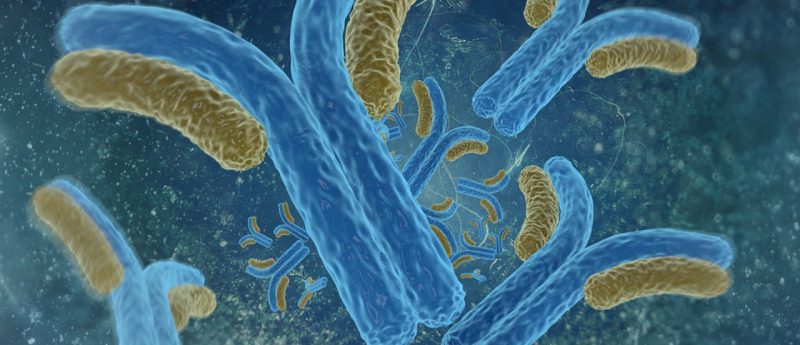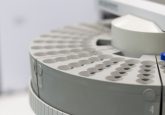Antibody analysis could detect multiple sclerosis years before symptoms develop

A study, to be presented at the American Academy of Neurology’s 66th Annual Meeting (PA, USA), outlines that the detection of a specific antibody in blood may allow multiple sclerosis (MS) patients to be identified several years before symptoms develop.
The study analyzed levels of the antibody KIR4.1 from 32 healthy blood donors, of which 16 were later diagnosed with MS. As explained in the press release, “Of those who later developed MS, seven people tested positive for the antibodies, two showed borderline activity and seven were negative.” These results demonstrate that KIR4.1 is present in preclinical MS patients several years before the first clinical symptoms appear.
Viola Biberacher, a researcher on the study from the Technical University (Munich, Germany) commented, “Finding the disease before symptoms appear means we can better prepare to treat and possibly even prevent those symptoms. This finding also demonstrates that the antibody development to the KIR4.1 protein, a protein found in some people with MS, precedes the clinical onset of disease suggesting a role of the autoantibody in how the disease develops.”
As explained by Biberacher, the team are hoping to confirm their preliminary results in a larger patient sample. Additionally, the team will determine at what stage the KIR4.1 antibody response is seen before onset of MS symptoms.
Source: Antibody may be detectable in blood years before MS symptoms appear.





